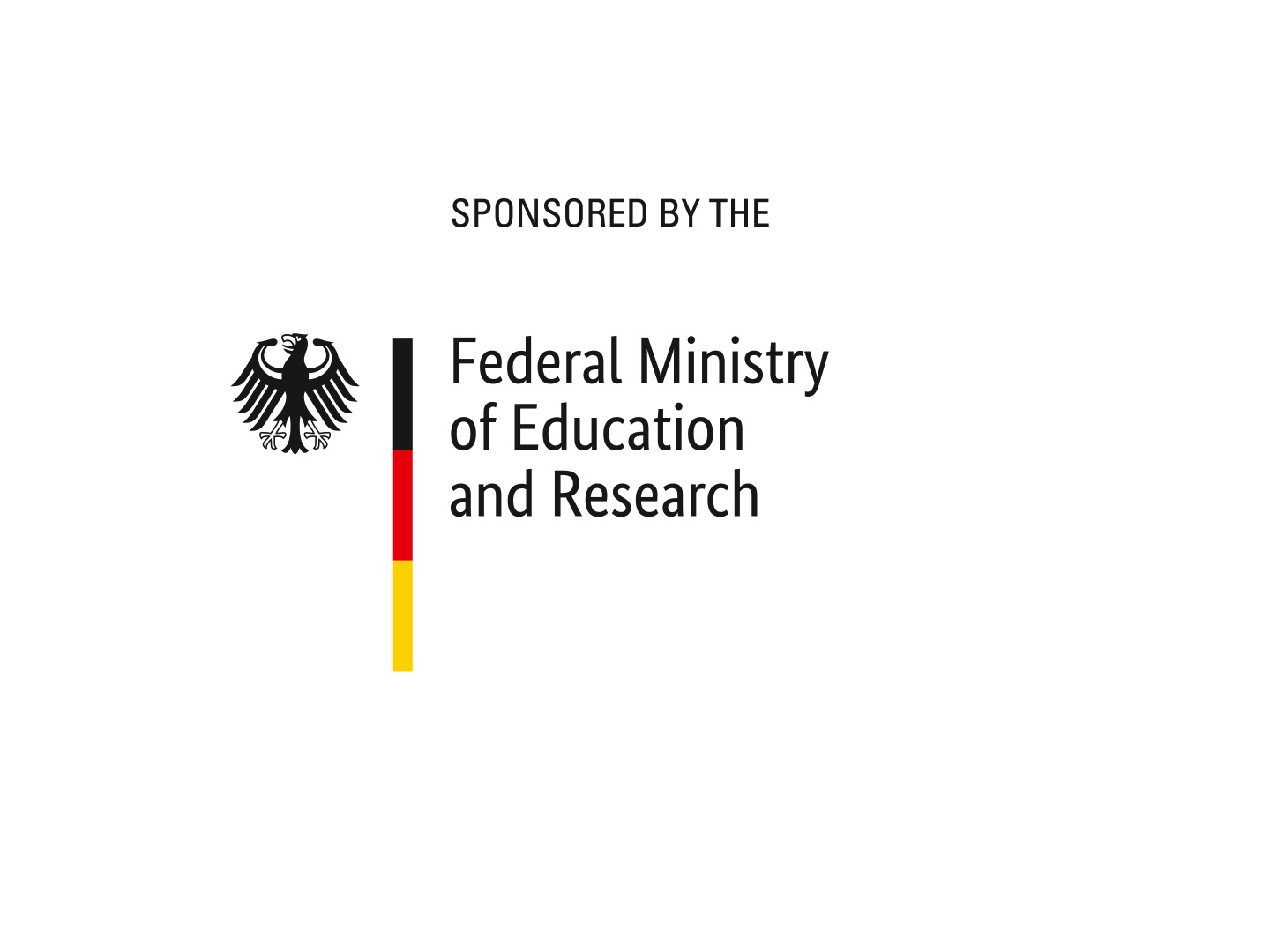In the dialogue between designers and scientists who are driving the development of biotechnology, five areas of the bio-economy were identified, which differ in terms of the subject matter being negotiated, their life-world reference and future prospects: insects, crops, agriculture, soil and air.
The result is five experiential spaces, didactic methods for imparting knowledge on ambivalent topics, prototyping methods with different materials suitable for the participants, and narrative objects of the participants to present personal visions of the future. Selected products and prototypes from the experiential spaces were used in various panel discussions with citizens and experts from science and business to test their discourse potential in practice.
The effect of the workshops on the citizens was recorded using social science and psychological methods and subsequently evaluated with the help of grounded theory. The project thus contributes to the formulation of concrete recommendations for action from the perspective of the workshop participants, which can serve as a basis for political and economic decisions in the bio-economy in the future. The methods are applied in the context of science communication and the development of participation formats. In addition, a visual tool will be developed that will provide laypersons with a practical approach to self-reflection and self-location between acceptance, rejection and design wishes for future technologies.
Thus, the project addresses research groups, political actors and companies equally active in the bio-economy or biotechnology: Through the FUV participation formats and tools, society can become part of its own research process in order to achieve socially desired developments. The interaction between society and its own product vision is revealed and openly discussed. In this way, for example, companies can be supported in the realization and implementation of new business models and ideas. New perspectives and impulses for future research projects are created for business and science.
 Fraunhofer Institute for Environmental, Safety and Energy Technology UMSICHT
Fraunhofer Institute for Environmental, Safety and Energy Technology UMSICHT